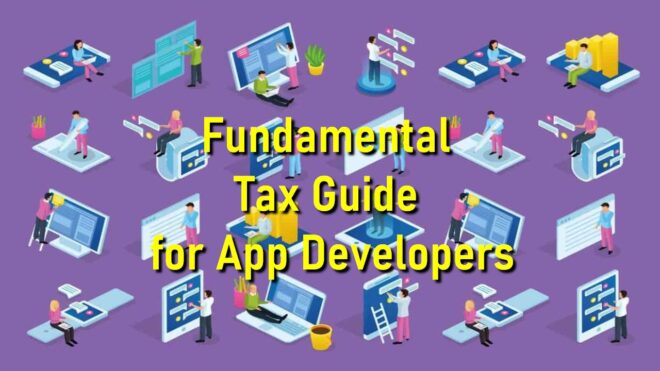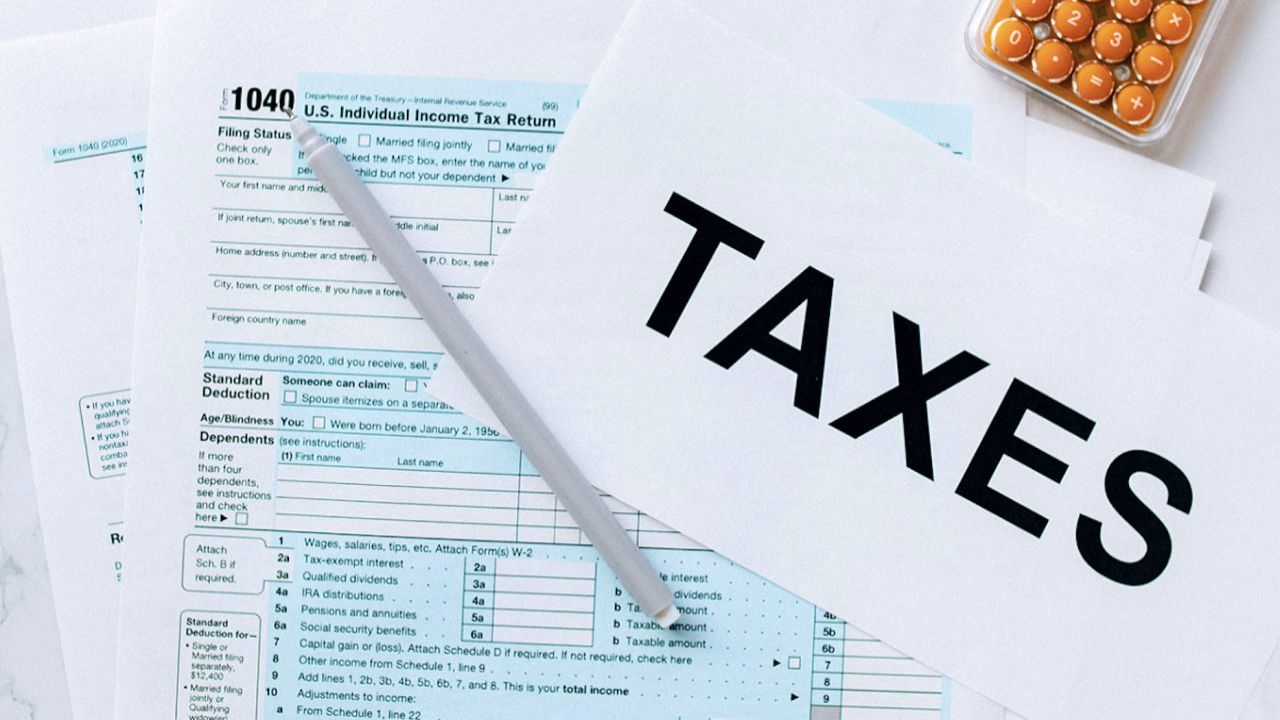
In the world of technology, creating applications has become a profitable and creative endeavor. As app developers dive into the creative process of crafting digital solutions, it’s essential to navigate the complex landscape of taxes to ensure financial health and compliance. This fundamental tax guide aims to provide app developers with insights into key considerations, deductions, and compliance measures necessary for a smooth journey through the tax season. For additional resources on tax settlement services, you can explore https://taxhelpusa.com/tax-relief-services/tax-settlement/.
Understanding Income Sources and Reporting

The first step in managing your taxes as an app developer is gaining a clear understanding of your income sources. Revenue streams for app developers may include direct sales, in-app purchases, subscription models, and advertising income. Each of these sources carries distinct tax implications.
When it comes to reporting income, accurate record-keeping is paramount. Maintain organized records of all financial transactions related to your app, including sales receipts, invoices, and statements. Familiarize yourself with the tax forms relevant to your business structure (e.g., Schedule C for sole proprietors or Form 1120 for corporations) and ensure timely and accurate reporting of your app-related income.
Deductible Business Expenses
App developers can optimize their tax position by identifying and leveraging deductible business expenses. These may include costs associated with software development tools, equipment, office space, marketing, and even a portion of home expenses if you work from home. Keep meticulous records of these expenses, as they can significantly reduce your taxable income.
Research and understand the tax laws applicable to your jurisdiction, as rules regarding deductible expenses may vary. For instance, some jurisdictions may allow for immediate expensing of certain business costs, while others may require capitalization and amortization over time. Staying informed about these nuances will enable you to maximize your deductions while remaining compliant.
Navigating Sales Tax Compliance

In the landscape of e-commerce, sales tax compliance is a critical consideration for app developers. Many jurisdictions now require the collection and remittance of sales tax on digital products and services, including mobile apps. Failure to comply with these regulations can lead to penalties and legal repercussions.
To navigate sales tax compliance effectively, research the sales tax laws in the regions where your app is available. Implement a robust system for calculating and collecting sales tax from users, and stay informed about changes in tax regulations that may affect your business. Utilize tax automation tools or consult with a tax professional to ensure accurate and up-to-date compliance with sales tax requirements.
Retirement Planning and Tax-Advantaged Accounts
While navigating the present tax landscape is crucial, planning for the future is equally important. App developers can take advantage of retirement planning options and tax-advantaged accounts to secure their financial well-being.
Explore retirement plans such as Individual Retirement Accounts (IRAs) or Simplified Employee Pension (SEP) IRAs to defer taxes on a portion of your income. Additionally, consider establishing health savings accounts (HSAs) for potential healthcare expenses, as contributions to HSAs are tax-deductible.
Successfully managing taxes as an app developer requires a comprehensive understanding of income sources, deductible expenses, sales tax compliance, and long-term financial planning. By staying informed, maintaining accurate records, and leveraging available tax strategies, app developers can not only navigate the tax landscape effectively but also optimize their financial position for sustained success in the dynamic world of app development.
